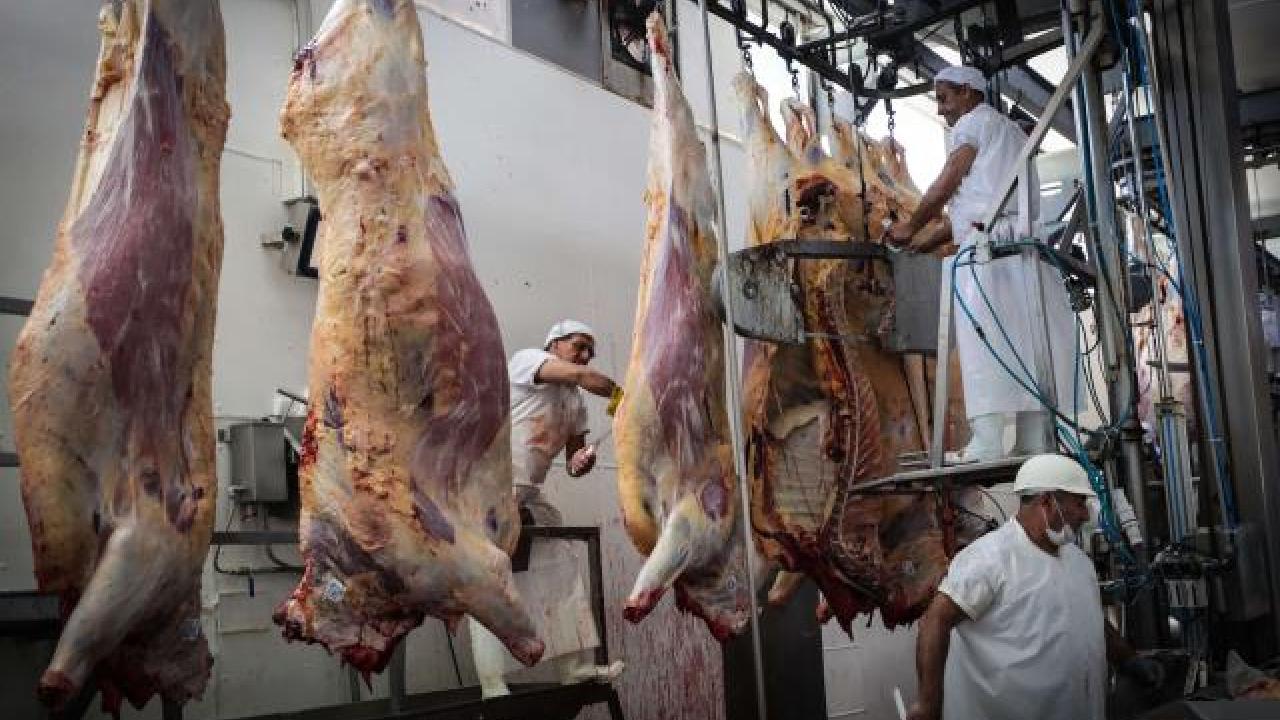
Uruguayan exporters benefited from measures implemented by the new Argentine government of Javier Milei.
Uruguayan exports to Argentina regained momentum in 2024 after last year's poor performance. Sales have accumulated an increase of more than 20%, driven by sales of soybeans, auto parts and cellulose.
Measures adopted by the current Argentine government benefited Uruguayan exporters.
At the end of 2023, encouraging news began for Uruguayan exporters.
A few days after Javier Milei took office as president, the Minister of Economy, Luis Caputo, announced the end of the Argentine Republic Import System (SIRA) and the beginning of the Statistical Import System (SEDI).
Prior authorization for licenses to purchase merchandise abroad was also revoked.
“Discretionality is over and transparency in the approval of imports is guaranteed. In other words, anyone who wants to import can do so, period,” the minister stressed.
Until then, payments for trade transactions had no effective deadline and had accumulated delays of more than six months.
SEDI established, in the first instance, that payments would begin in four consecutive installments between 30 and 120 days.
The recovery was slow. In the first five months of 2024, sales were still in negative territory with a year-on-year drop of 15%. At that time, according to a survey by the Exporters Union (UEU), there were pending payments of US$ 200 million.
But the Argentine government continued to relax the regime for local importers and the numbers began to reverse from September onwards.
According to information from the UEU, between January and November of this year Uruguayan exports to Argentina amounted to US$ 694.2 million, with a year-on-year increase of 25.8%.
With these numbers, the forecast is that the year will end with an increase in sales to the neighboring country.
Soybean sales in the 11 months amounted to US$ 143.3 million, a five-fold increase compared to last year.
Auto parts sales reached US$84.3 million (with a negative variation of 7.5%) and cellulose sales reached US$42.6 million, with a decrease of 12.7%.
Electricity sales also amounted to US$95 million, up from US$19.3 million last year.
Other goods placed in Argentina were pharmaceutical products, vehicles, plastics and their manufactures and cleaning products.
Despite the good performance, the bilateral trade balance is still in deficit by US$ 755.3 million, since Argentine merchandise imports amounted to US$ 1,450.1 million.
OTHER MEASURES THAT IMPROVED EXPORTS
SIRA was imposed by the previous Argentine government of Alberto Fernández.
The system was intended to streamline foreign trade operations, but in practice it became a bureaucratic obstacle for Argentine importing companies.
Authorizations to validate purchases were delayed, and delays were also generated in complying with payment for the operations.
The implementation of SEDI provided other flexibilities in addition to setting the deadlines in four consecutive installments.
It was established that payment for pharmaceutical products and the inputs used for their production, other goods related to health care, food for consumption, and fertilizers and phytosanitary products should be made within 30 days.
In March, the country decided to incorporate other goods into this payment regime. Dairy products, coffee, tea, cocoa, fats and oils, and cleaning products, among others, were added to the new list of tariff items.
In August, the Central Bank (BCRA) made other changes. Through a resolution, it recalled that imports of luxury goods and finished cars were paid for after 120 days of customs registration. The agency announced that the new deadline would be 90 days.
It also shortened the previously planned period of up to four months for a large number of imports.
From that month onwards, the cancellation of operations began in two consecutive installments at 30 and 60 days.
This easing included Uruguayan exports of spark plug wire sets for vehicles, mixtures of different fats and oils, polyethylene sheets and plates, chemical preparations and acrylic polymers.
Finally, starting December 24, the Country Tax, which taxes purchases of 7.5% abroad, will be eliminated.










